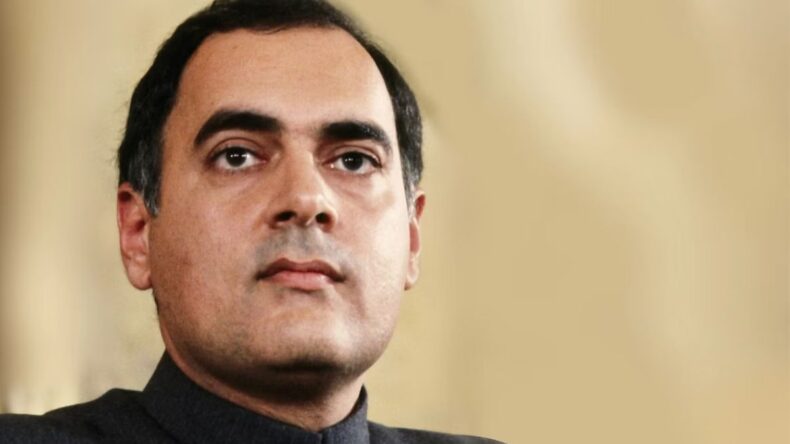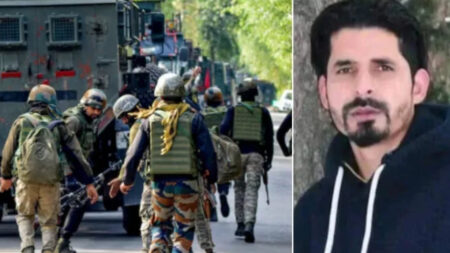Veteran Congresswoman Sonia Gandhi on Sunday lauded the accomplishments of former Prime Minister Rajiv Gandhi on the occasion of his birth anniversary.
On May 21, 1991, a suicide bomber from the LTTE targeted Rajiv Gandhi at an electoral rally in Sriperumbudur, Tamil Nadu.
Sonia Gandhi stated Rajiv Gandhi “accomplished innumerable achievements during his short political career which was finished in a ruthless manner” while speaking at the 25th Rajiv Gandhi National Sadbhavana Award ceremony.
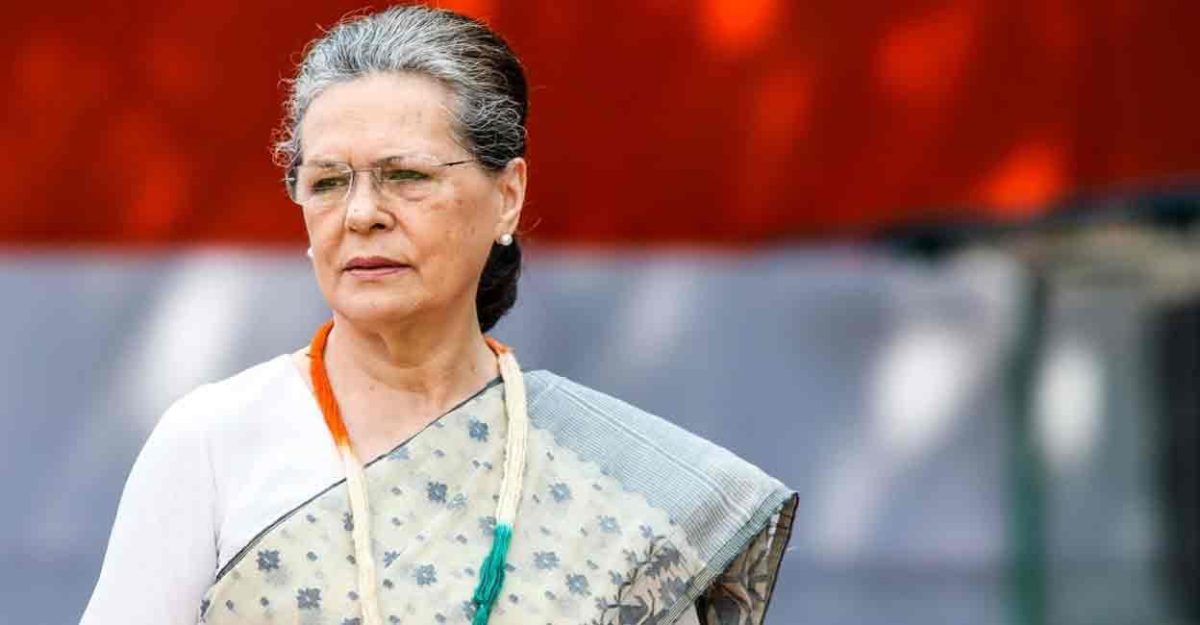
Source: OnManorama
“Rajiv Gandhi’s political career ended brutally, yet throughout that little period he set several milestones. He had a deep appreciation for the nation’s diversity. During the brief time he had to serve the country, he made untold contributions. He was committed to empowering women.
He fought for the women’s reservation of 33 percent in the panchayat and municipal levels, according to Sonia Gandhi.
Rajiv Gandhi’s diligence and foresight were the only reasons why there were presently more than 15 lakh elected women members in rural and urban bodies, she said.
Youngest Prime Minister:
At the age of 40, Rajiv Gandhi became India’s youngest prime minister after taking over the reins of the grand old party in 1984 when his mother and the country’s first lady, Indira Gandhi, was assassinated.
On May 21, 1991, a suicide bomber from the Liberation Tigers of Tamil Eelam (LTTE) killed him during an electoral rally in Sriperumbudur, Tamil Nadu.
The former prime minister Rajiv Gandhi’s birthday, August 20, is commemorated as Sadbhavana Diwas, or Harmony Day, each year. The 77th birthday of the former prime minister Rajiv Gandhi is being commemorated this year.
Under Rajiv Gandhi’s leadership, the Congress ran for the Lok Sabha in Amethi in 1984. The Congress won 404 of the 533 seats up for election, which is regarded as its largest victory in history. At the age of 40, Rajiv Gandhi so became India’s youngest prime minister.
Achievements during his regime:
Rajiv Gandhi made a significant contribution to the nation’s progress. In order to update and broaden higher education options across India, he declared a National Policy on Education in 1986.
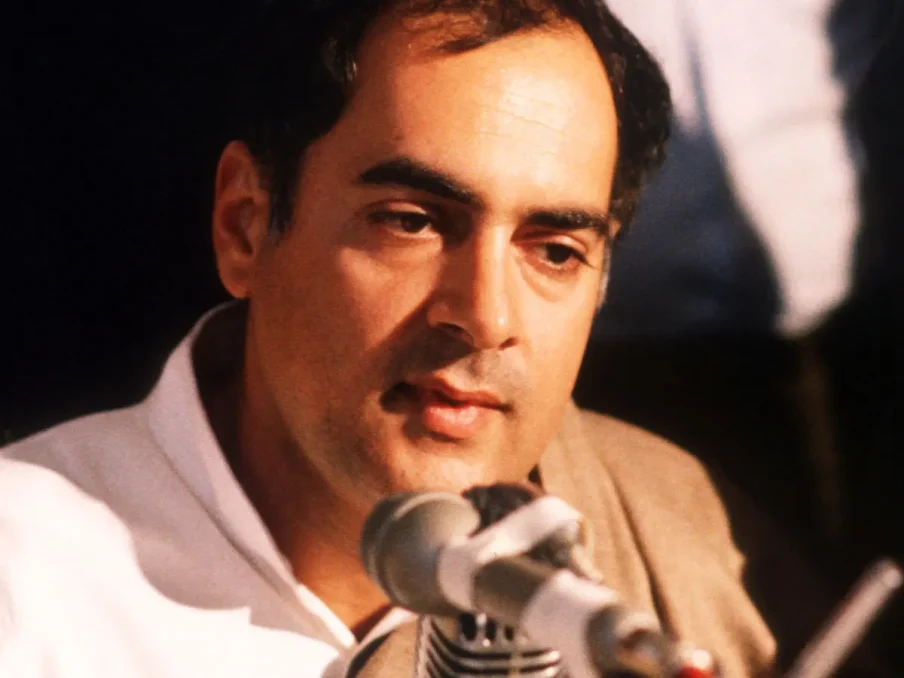
Source: The Guardian
In 1986, he established the Jawahar Navodaya Vidyalaya System, a federal government-based organisation that offers free residential education to students in grades 6 through 12 in an effort to develop the rural sector of society.
His efforts led to the establishment of MTNL in 1986 and the development of public call offices (PCOs) for the distribution of telephones in rural regions.
After 1990, he enacted policies to lessen the Licence Raj, enabling both enterprises and people to import and acquire capital without bureaucratic constraints.
He integrated Panchayati Raj and lowered the voting age to 18 years old. He fervently endorsed youth power and asserted that the country’s progress was solely dependent on the young of the nation’s awareness.
The Jawahar Rozgar Yojana was created in order to provide employment for young people.
In order to enrage the LTTE, Rajiv Gandhi dispatched the Indian Peace Keeping Force to Sri Lanka to aid in the war against the Tamil militants. On July 29, 1987, in Colombo, Rajiv Gandhi and Sri Lankan President J. R. Jayewardene signed the Indo-Sri Lanka Peace Accord.
Sonia’s statement, BJP leader reacts:
In response to Sonia Gandhi’s remarks, Sudhanshu Trivedi, leader of the Bharatiya Janata Party (BJP), stated the Congress “should not hide the truth of how the former PM’s decisions impacted India negatively.”
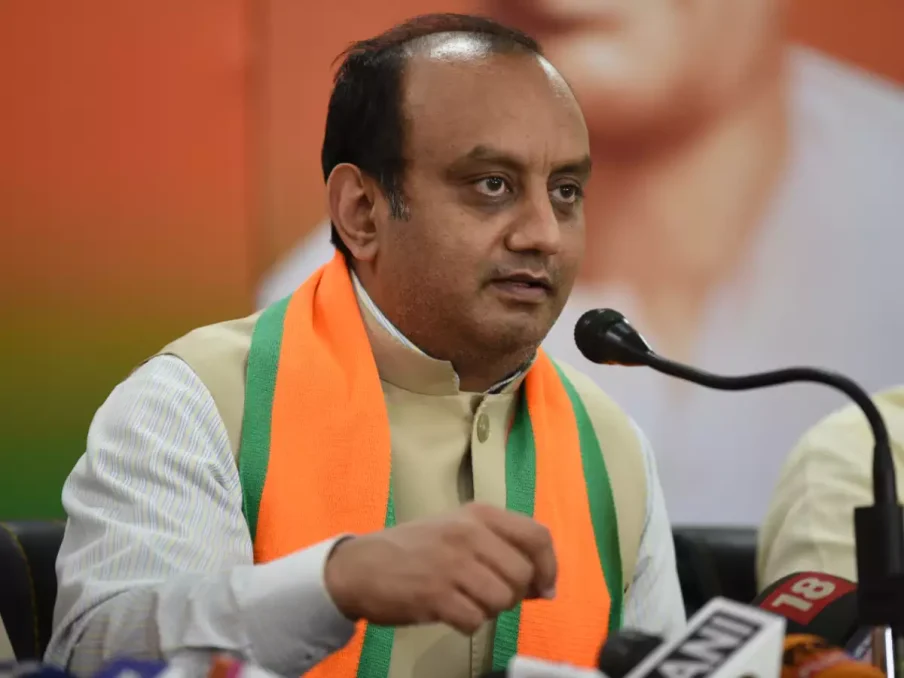
“We can also comprehend Sonia Gandhiji’s suffering at Rajiv Gandhiji’s passing. She can highlight his achievements, but she shouldn’t conceal the facts. The nation witnessed the negative effects of Rajiv Gandhi’s choices on India. Though it was only temporary, the nation still has many issues. Be it the murder of Sikhs in Delhi, UP, or Tamil Nadu,” a news source claimed.







